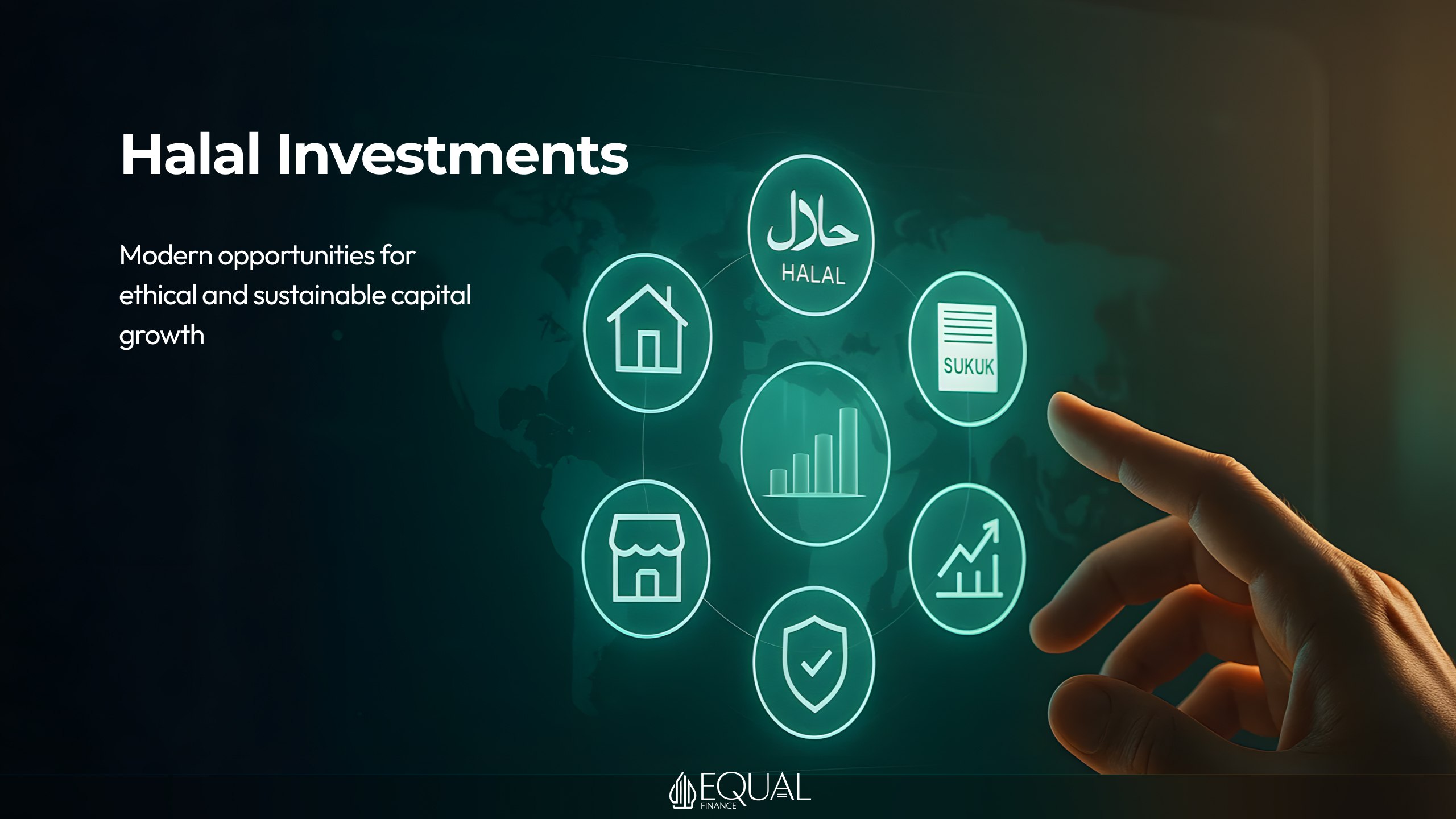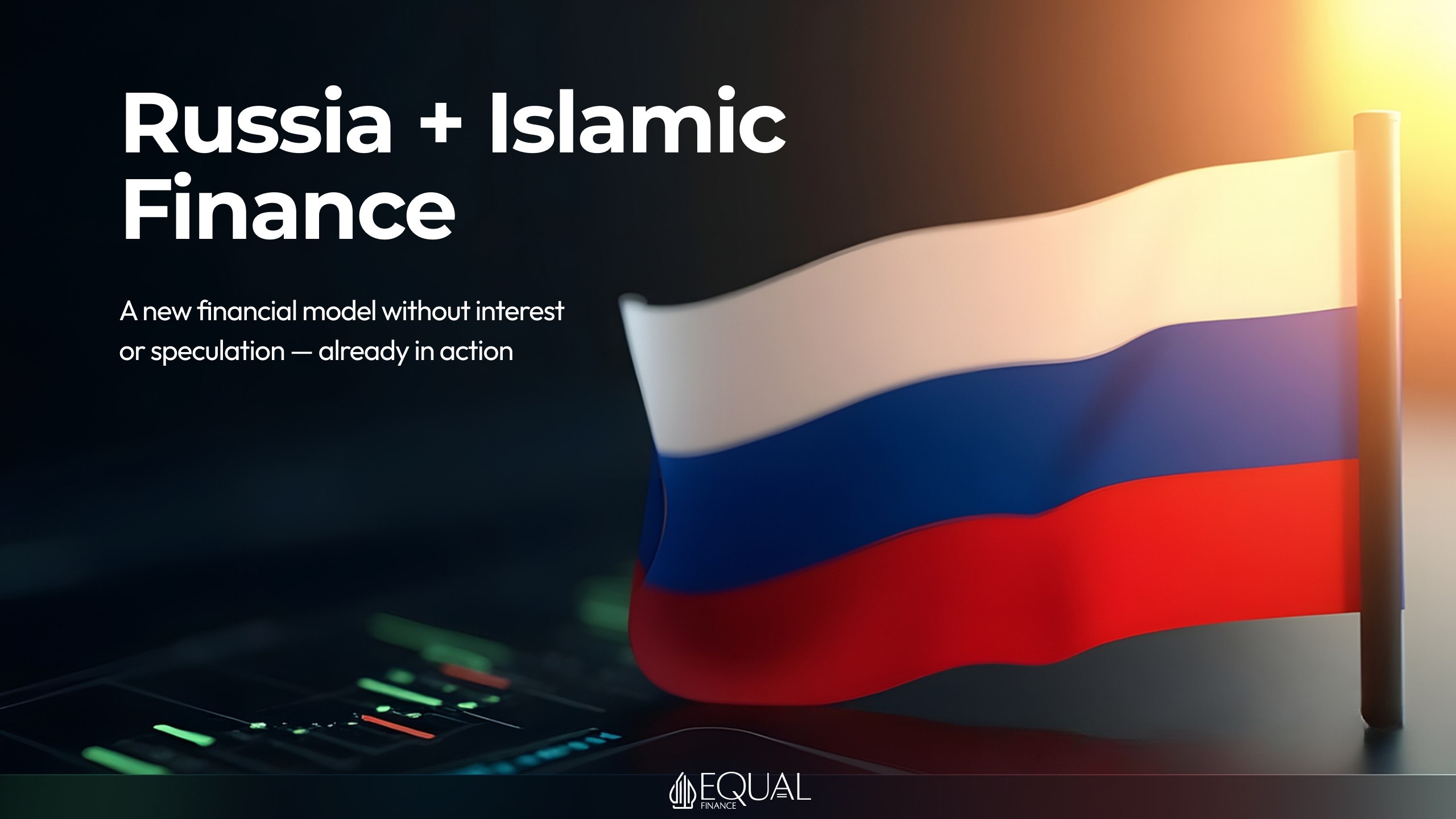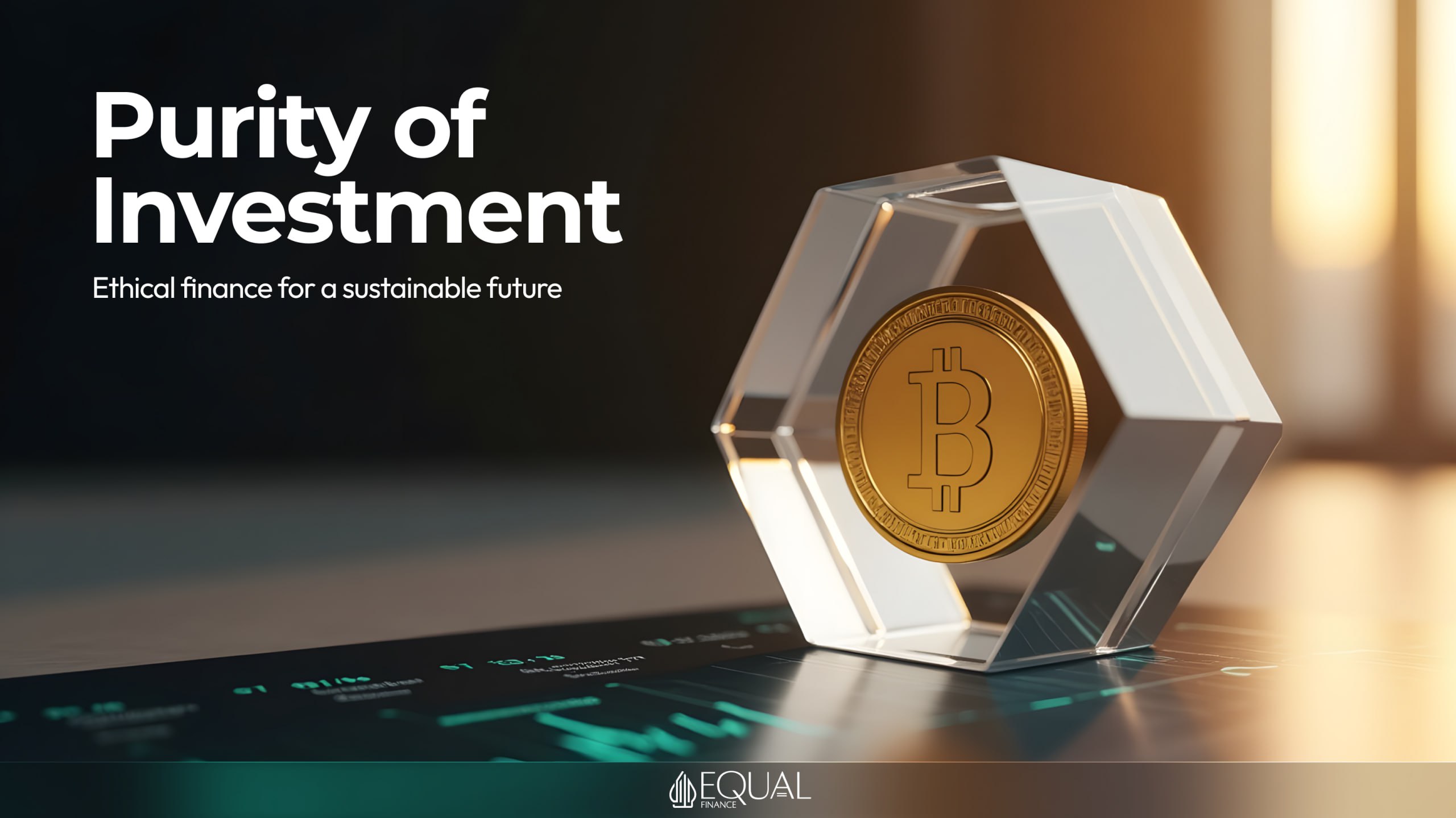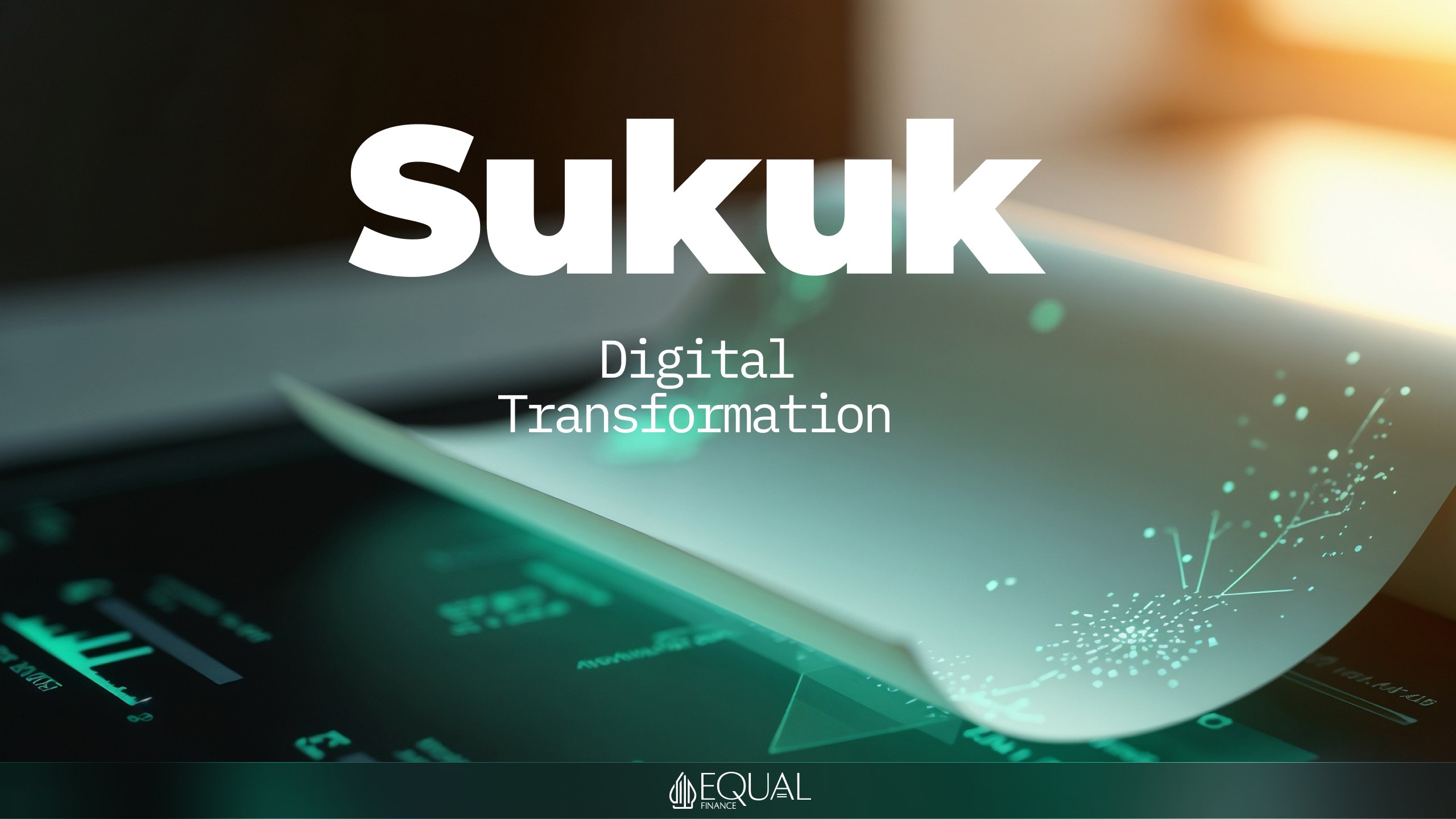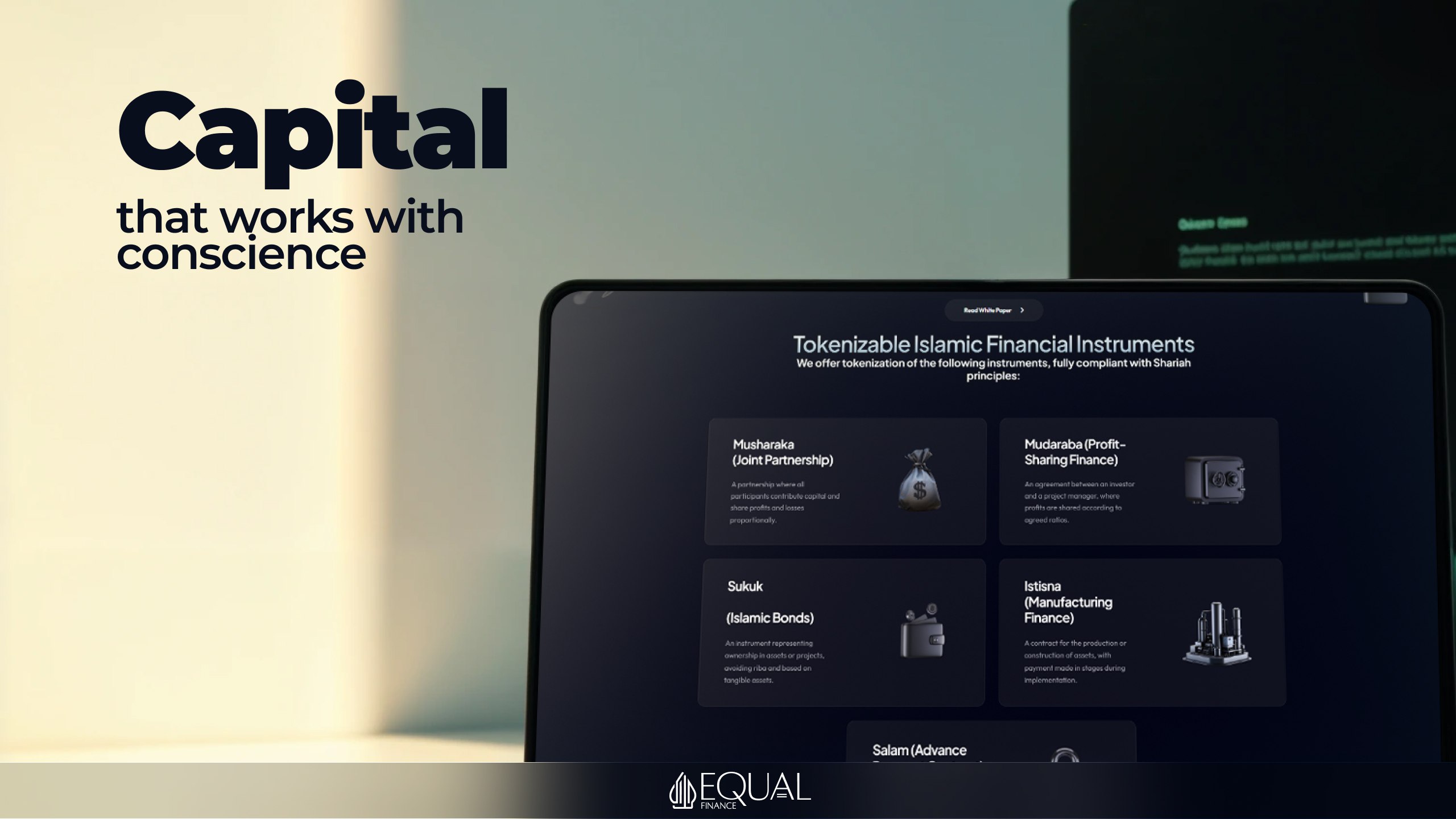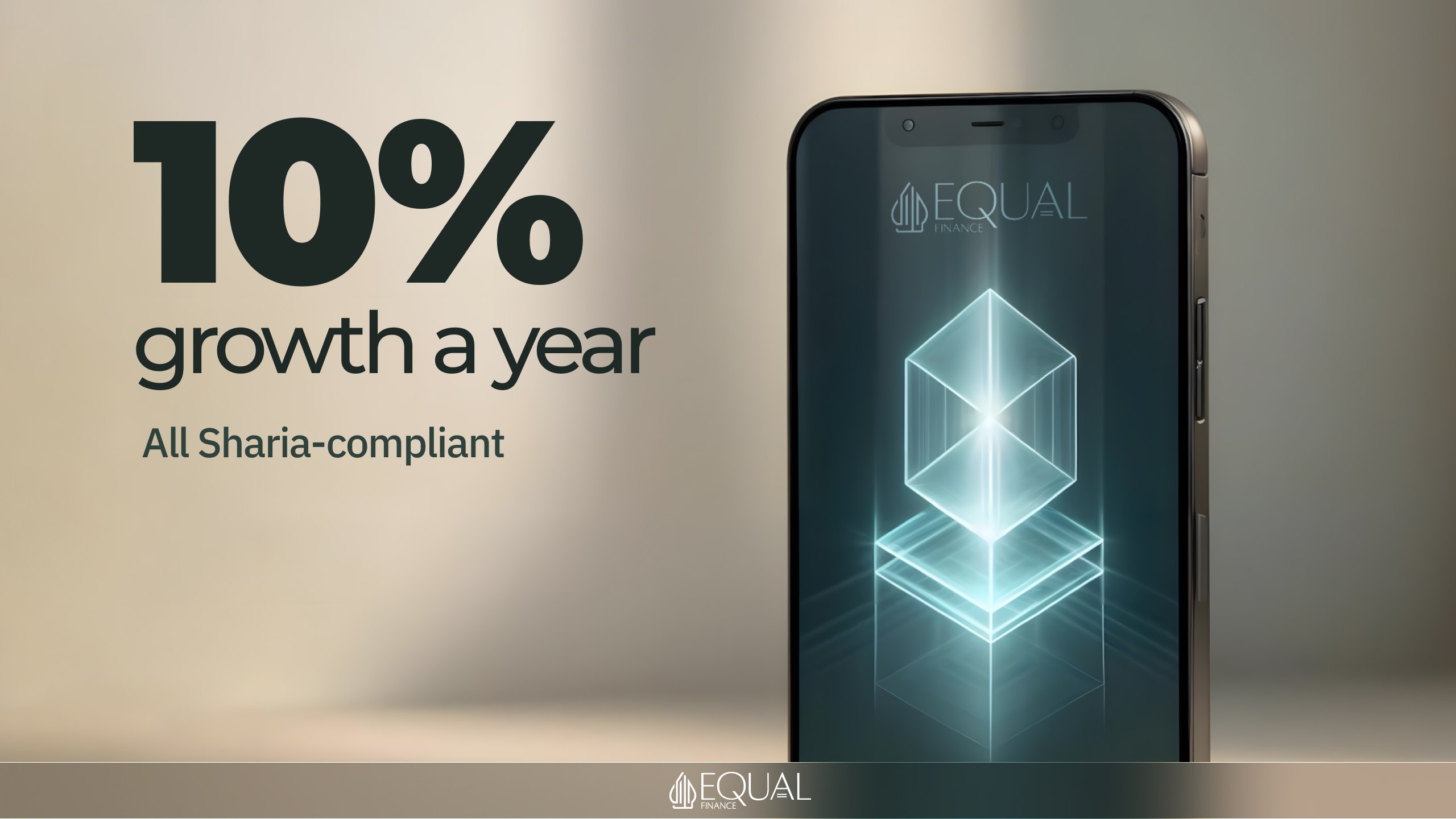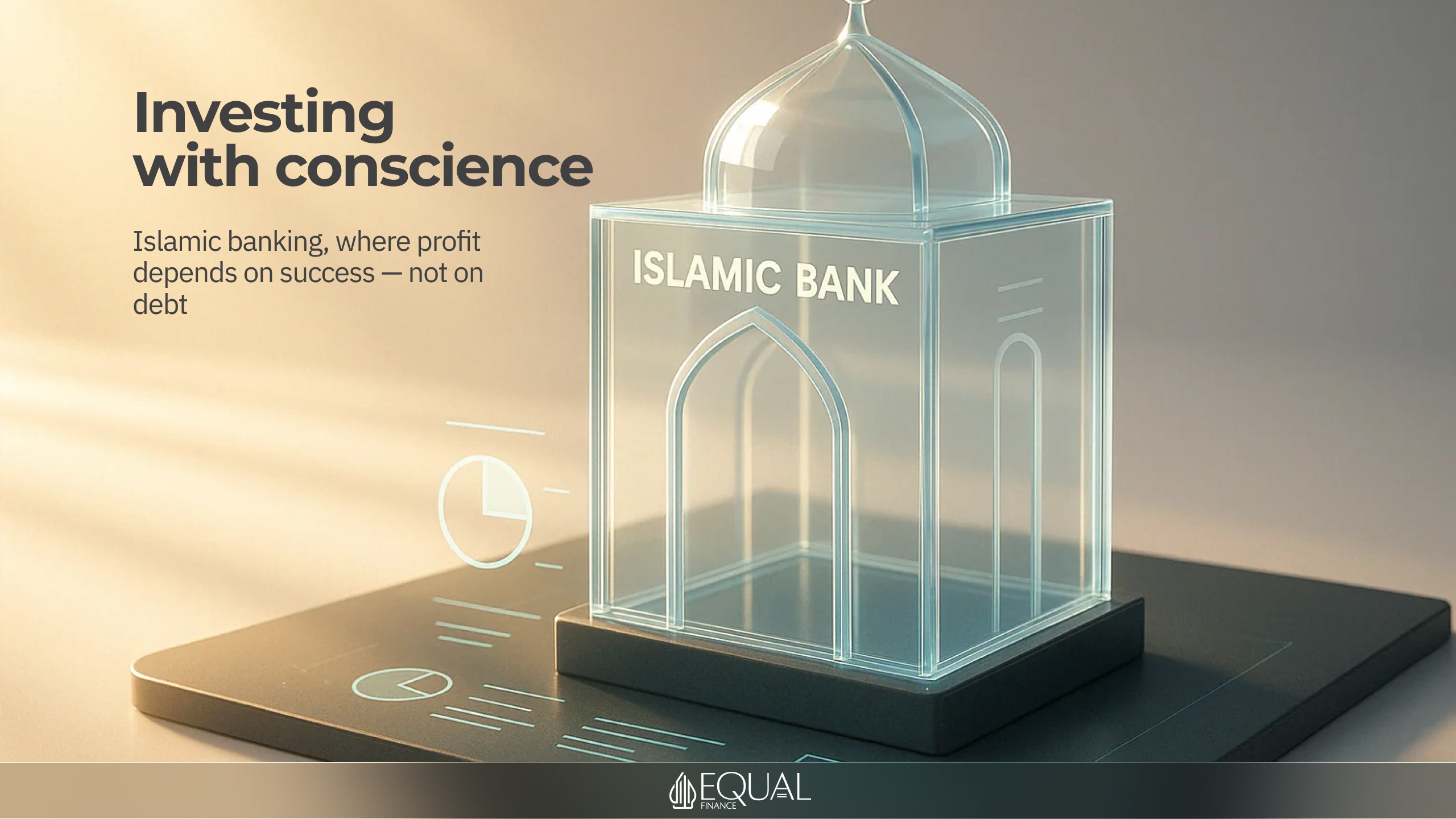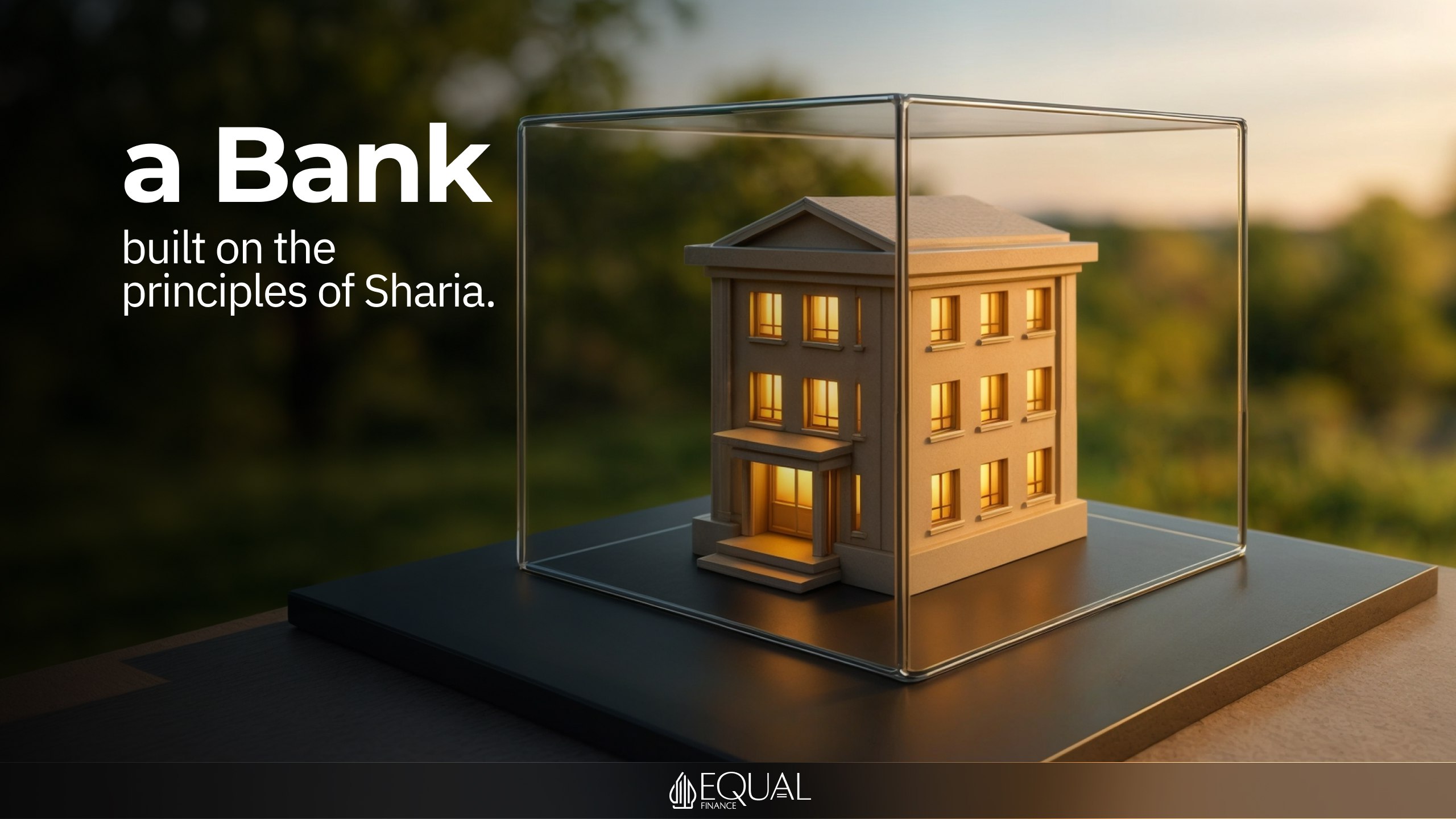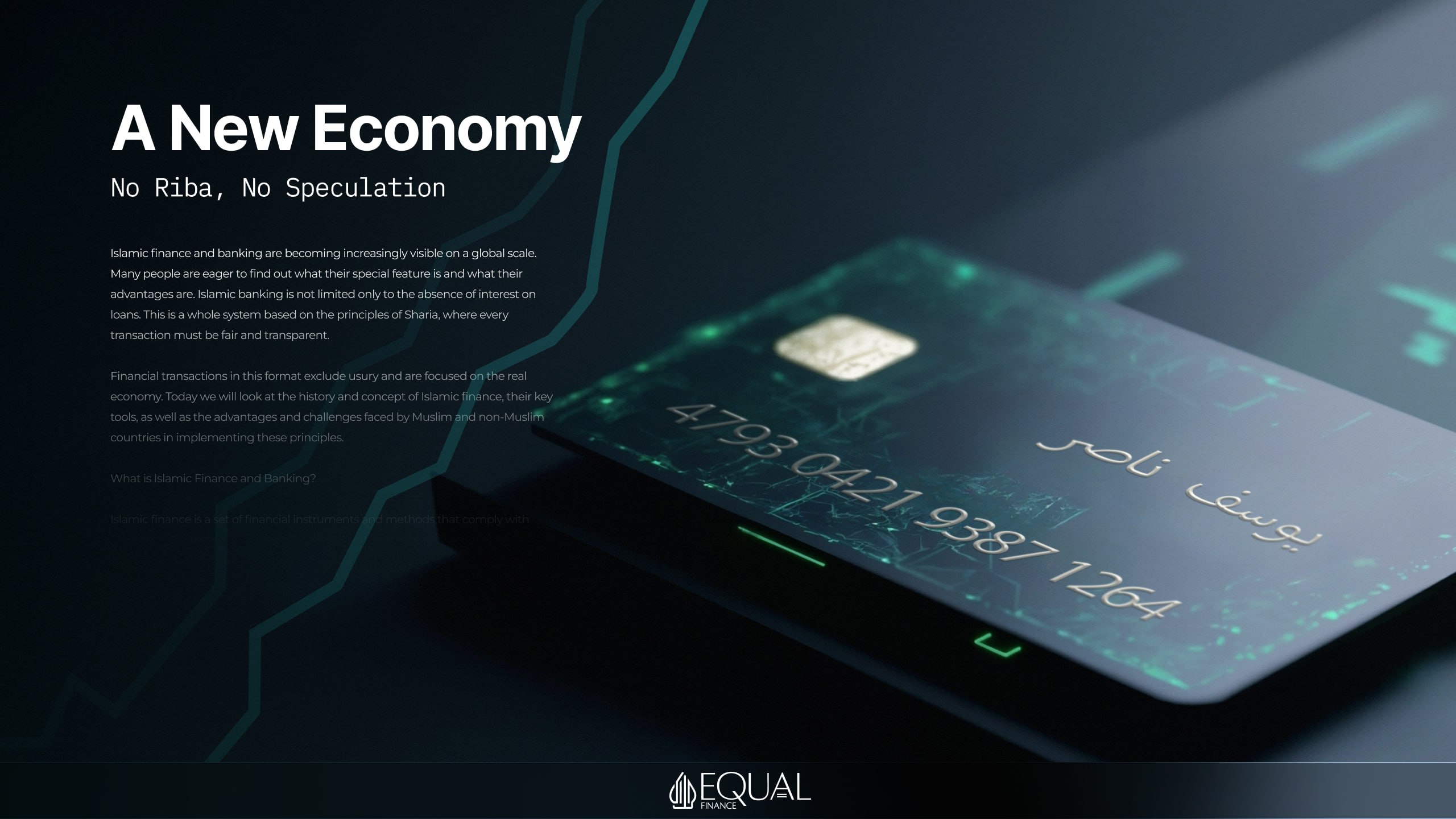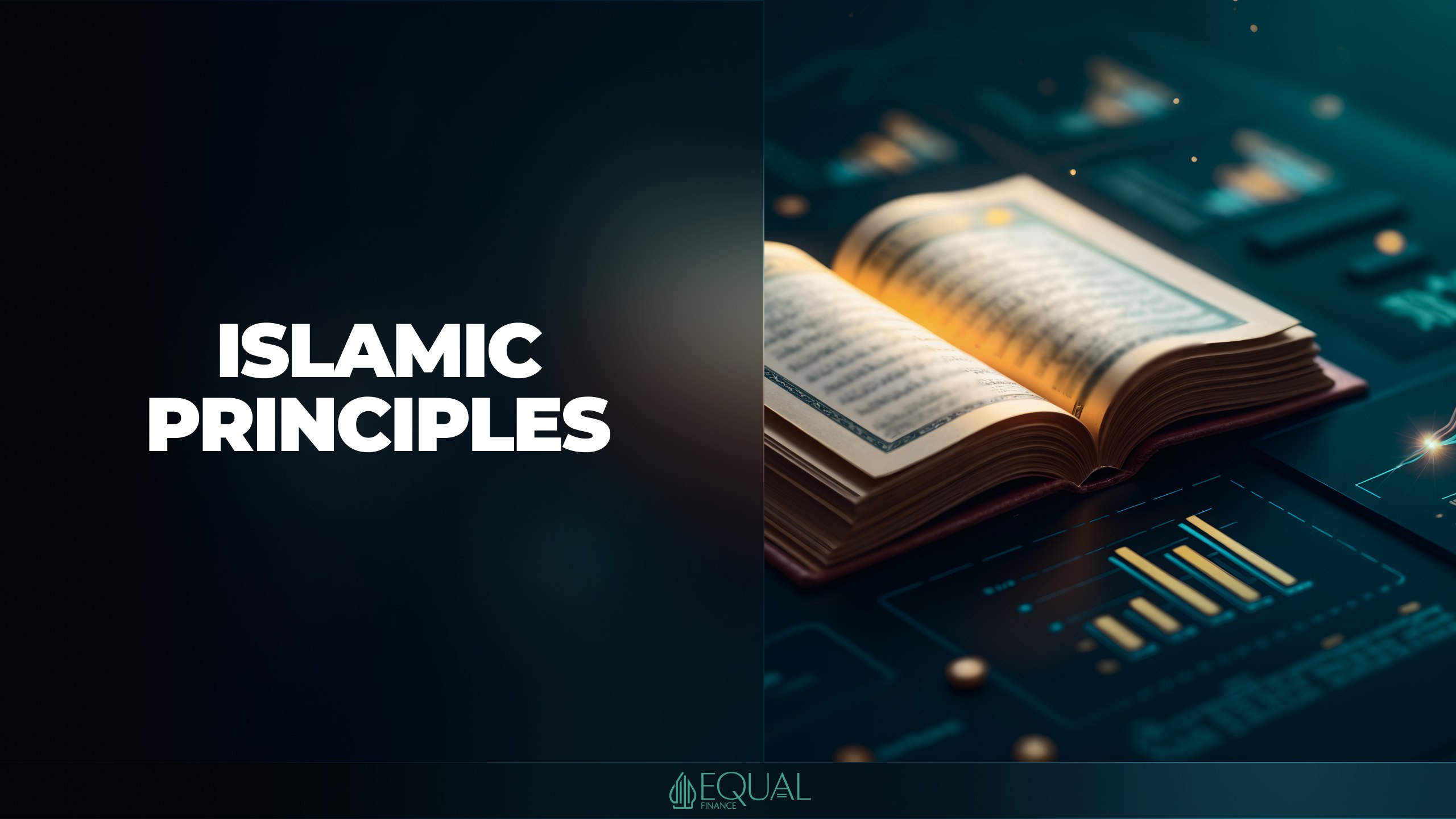Halal investments, compliant with Sharia principles, are gaining traction not only among Muslims but also among investors seeking ethical and sustainable financial instruments. In 2025, the global Islamic asset market is valued at $5 trillion, growing at 15–25% annually. This article explores key halal investment options, their features, and prospects, based on the latest data. […]
Рубрика: Islamic Banking
Uncover the principles and operations of Islamic banking in this informative category. Learn how Islamic banks function without interest income and how they differ from conventional banks. Explore the opportunities Islamic banking offers for financing and understand the ethical and religious foundations that guide their services.
Islamic Finance in Russia: Development, Challenges, and Prospects
Islamic finance, grounded in Sharia principles, is gaining momentum worldwide, and Russia is actively joining this trend. Since 2023, the country has been conducting an experiment to introduce partner financing compliant with Islamic law. This article explores the current state of Islamic finance in Russia, key achievements, challenges, and prospects for 2025, drawing on the […]
Islamic Finance and Social Responsibility: A Comprehensive Perspective
Islamic finance is not merely a system of interest-free transactions governed by Sharia law—it is a deeply ethical economic model that prioritizes justice, sustainability, and social welfare. Unlike conventional systems that often measure success solely by profit margins, Islamic finance integrates moral accountability into every financial activity, ensuring that all transactions promote the public good […]
Sukuk: The Prospects of Islamic securities in Global Financial Markets
Islamic finance has moved beyond being a niche alternative—it is becoming a key component of the global financial architecture. At the heart of this system lies sukuk, or Islamic securities, a kind of bond analogue, which are structured to comply with the principles of Sharia. Unlike conventional bonds that are based on interest (riba), sukuk […]
How Capital Attraction Methods Drive Islamic Banking Growth
Sharia-compliant capital attraction methods are pivotal in driving Islamic banking growth, excluding riba (interest) and haram (prohibited industries). Mechanisms like mudarabah, musharakah, murabahah, ijarah, sukuk, and digital tools fuel the sector’s expansion, with assets reaching $4.5 trillion in 2022, per ICD-Refinitiv. Statista projects growth to $6.7 trillion by 2027, while Market Data Forecast estimates a […]
Why Is the Islamic Banking Sector Growing Faster Than Traditional Banking?
The Islamic banking sector is outpacing traditional finance with remarkable momentum. In 2022, global Islamic finance assets hit $4.5 trillion, per ICD-Refinitiv, with projections to reach $6.7 trillion by 2027, per Statista. Its compound annual growth rate (CAGR) of 10% for 2023–2030, per Market Data Forecast, surpasses traditional banking’s 6–7%, per World Bank. What drives […]
Fair Profit Sharing and the Growth of the Islamic Banking Sector
Islamic banking is a philosophy rooted in fairness, ethics, and partnership. By banning riba (interest), it focuses on the real economy, sharing profits and losses among stakeholders. This model captivates not just Muslim-majority nations but the world, offering stability amid economic storms. Ernst & Young’s 2024 report pegs Islamic financial assets above $4 trillion, with […]
Sharia Principles in the Islamic Banking Sector
What is Sharia in the Financial Context? Sharia is the Islamic legal framework, drawn from the Quran, the Prophet Muhammad’s hadiths, and scholarly interpretations, guiding all life aspects, including banking. In the Islamic banking sector, Sharia establishes ethical and religious standards, setting it apart from conventional systems. Its core aim is to promote fairness, transparency, […]
Islamic Finance and Banking: An Ethical Alternative in a Changing World
Islamic finance and banking have gained increasing recognition in the global financial landscape. While many assume that avoiding interest (riba) is the sole characteristic of such a system, the reality is much broader. Islamic finance draws upon Shariah principles that advocate fairness, transparency, and real economic activity. Rather than merely replacing traditional interest-based transactions, it […]
Islamic Principles
Islamic principles guide believers in every aspect of life, from personal conduct to economic transactions. They are derived from the Quran, the Hadith, and the interpretations of scholars over centuries. These principles offer a moral framework designed to foster justice, compassion, and devotion. While rooted in spirituality, they also shape social and economic structures, reminding […]


